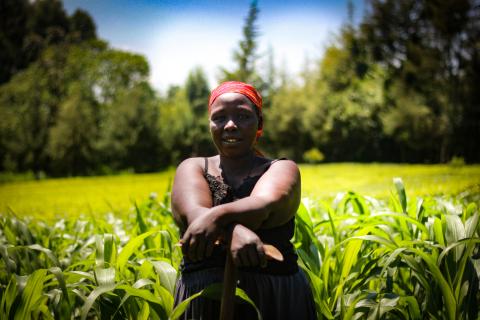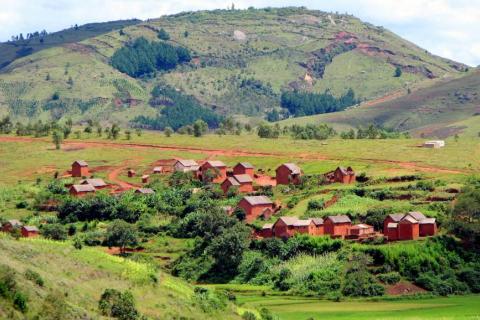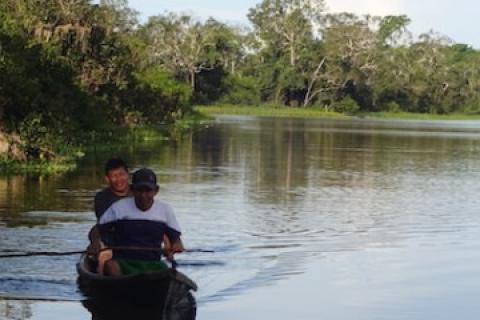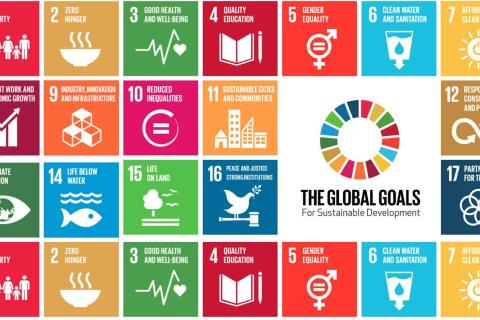Communities, conservation & development in the age of COVID-19: Time for rethinking approaches
The global conservation community now faces the added challenge of Covid-19 on top of a longstanding set of complex conservation, sustainability, and development challenges. In the wake of this pandemic, return to business as usual is not a viable option. The existing systems and structures upon which conservation is based must evolve. Climate change, biodiversity conservation, and poverty elimination efforts have been further complicated by Covid-19, with the brunt of the pandemic borne most acutely by the poorest and most vulnerable.











